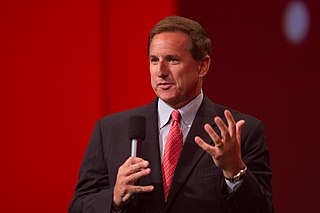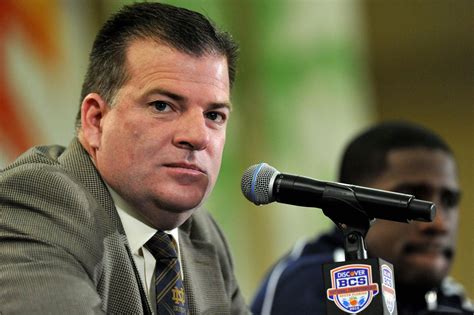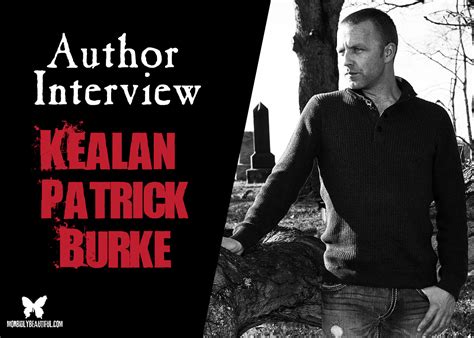A Quote by Stephen Covey
Most leaders would agree that they’d be better off having an average strategy with superb execution than a superb strategy with poor execution. Those who execute always have the upper hand.
Related Quotes
Doing the right thing is important, which is where strategy comes in. But doing that thing well—execution—is what sets companies apart. After all, every football play is designed to go for a huge gain. The reason it doesn’t is because of execution—people drop balls, miss blocks, go to the wrong place, and so forth. So, success depends on execution—on the ability to get things done.
One of the problems many leaders report is a gap between strategy and execution. Usually this "gap" arises because the so-called "strategy" is a set of financial performance goals, not an approach to overcoming challenges. The two key ways to narrow this gap are to avoid bad strategies that fail to explain how to proceed and to establish a proximate objective - something which can be accomplished and which will open the door to further progress.
I think I governed effectively. I don't have any doubts about that. I had the benefit, when I was in office, of having an excellent relationship with the Republican Party. We had superb bipartisan support and we had the highest batting average of any president since the Second World War, except Lyndon Johnson. He had a little better average than I did.
The only thing better than a superb collection of spinechilling stories, is a superb collection of spinechilling stories accompanied by equally unsettling illustrations, and in that regard, you'd be hard-pressed to find a better example than IN MINT CONDITION: 2013. In reading it, I have discovered writers and artists previously unknown to me who are now very high on my radar, and they should be just as high on yours.




































